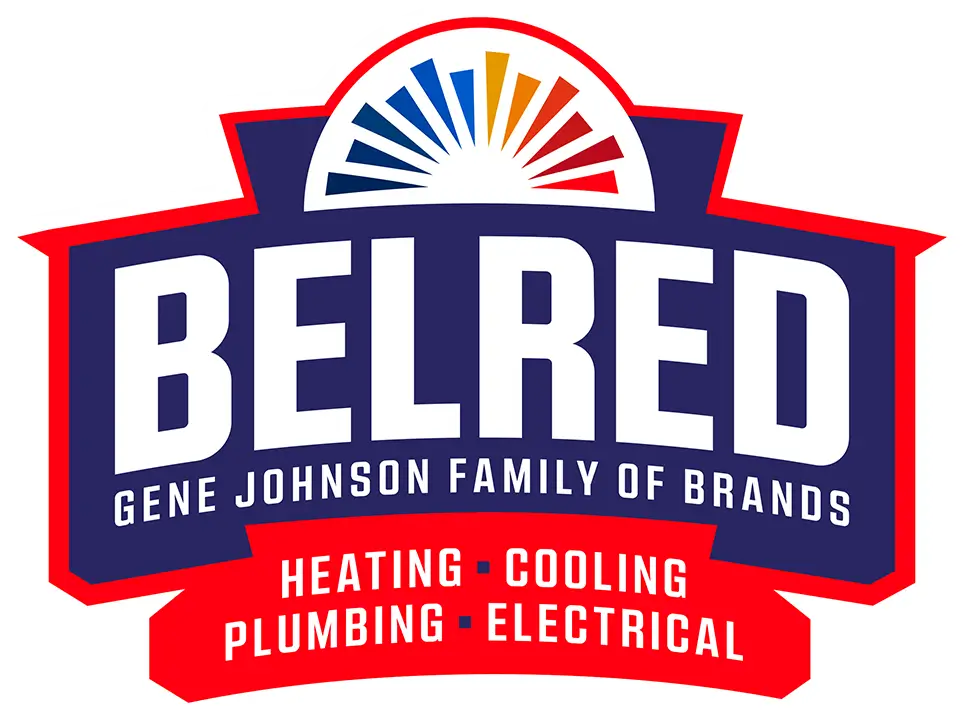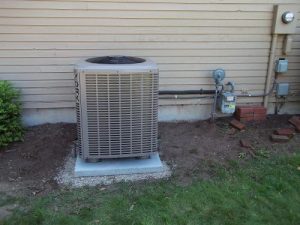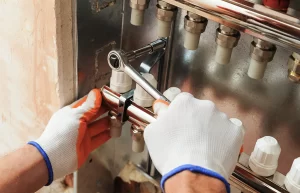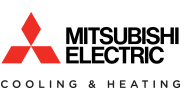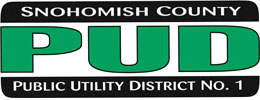Every gas or propane furnace has a heat exchanger that takes the heat from the fuel the furnace burns and transfers it to the air that moves through your home. As with any burning of fossil-fuels, a by-product of combustion is Carbon Monoxide (CO). This odorless and colorless gas can be deadly in small quantities, and prolonged exposure to even minute amounts can cause fatigue, confusion, and flu-like symptoms. Your furnace’s heat exchanger protects you from this dangerous gas, but over the long-term the volatile conditions inside your heat exchanger can cause cracks or holes that allow this gas to leak into the air you breathe.
Industry guidelines state that when a furnace is inspected, the heat exchanger should be inspected as well. The most basic reason for this is safety. Defective heat exchangers can create a pathway for CO to get into the air in your home. According to the Consumer Products Safety Commission, from 1999 – 2002, approximately 361 CO related deaths were due to faulty heating systems.
Does this mean you should remove your gas or propane furnace, and replace it with an electric one? No, but it does mean that you should have your furnace inspected on a regular basis. BelRed, major manufacturers, and the Air Conditioning Contractors of America, all recommend that you have your gas or propane furnace serviced annually.
BelRed’s factory-trained and NATE certified service technicians can help ensure the long-term safety, reliability and performance of your comfort system through our Precision Tune-Up service. Because a visual inspection can miss small cracks and pin-holes, during the tune-up we inspect your heat exchangers for any cracks using multiple tests to ensure that your furnace is safe to operate.
We also look for two major sources of energy loss in the heating system: incomplete combustion of fuel and high flue gas temperatures. Our technician will also take time to test electronic components, clean the burner and ignition assembly, and combustion chamber. Finally, our technician will make any final adjustments to keep your system running smoothly until the next regular maintenance visit.
Contact us today to schedule an appointment, and don’t forget to ask about our Comfort Guard Maintenance Program. This annual maintenance agreement can save you 10% on labor for any repairs of covered systems.
